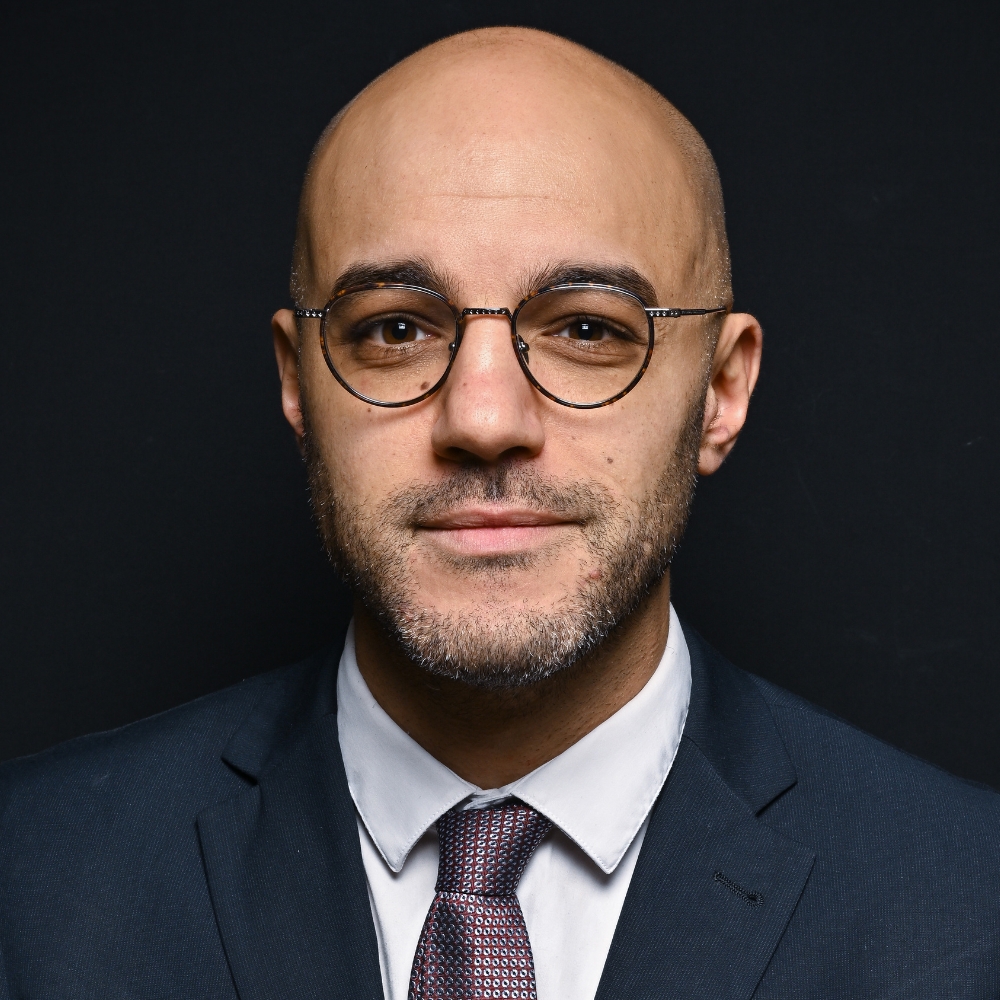Legal regulation of business and business related technology affects how businesses of every conceivable type are constructed; the design, production and distribution of digital and other products and services; and the interface of business with the rest of society e.g. government, employees, customers, the environment, regulators and the courts!.
This Hub is founded partly on the conviction that we can only truly understand such legal regulation, it's challenges and how to shape its future development, by working with other disciplines. This improves our (legal) understanding of e.g. the nature and goals of the business organisations being regulated; the economic, political, social and health consequences of different forms of regulation; the psychology of business organisations and those that interact with them; the technology that is being regulated and how technology can even play a part in regulation; the underpinning philosophies, political values and international relations challenges that underpin legal choices.
The Hub is also founded on the belief that we as lawyers have much to offer to these other disciplines: that these multiple other disciplines are surely enriched by understanding the legal framework and how it affects what is and is not possible and desirable.

)





























